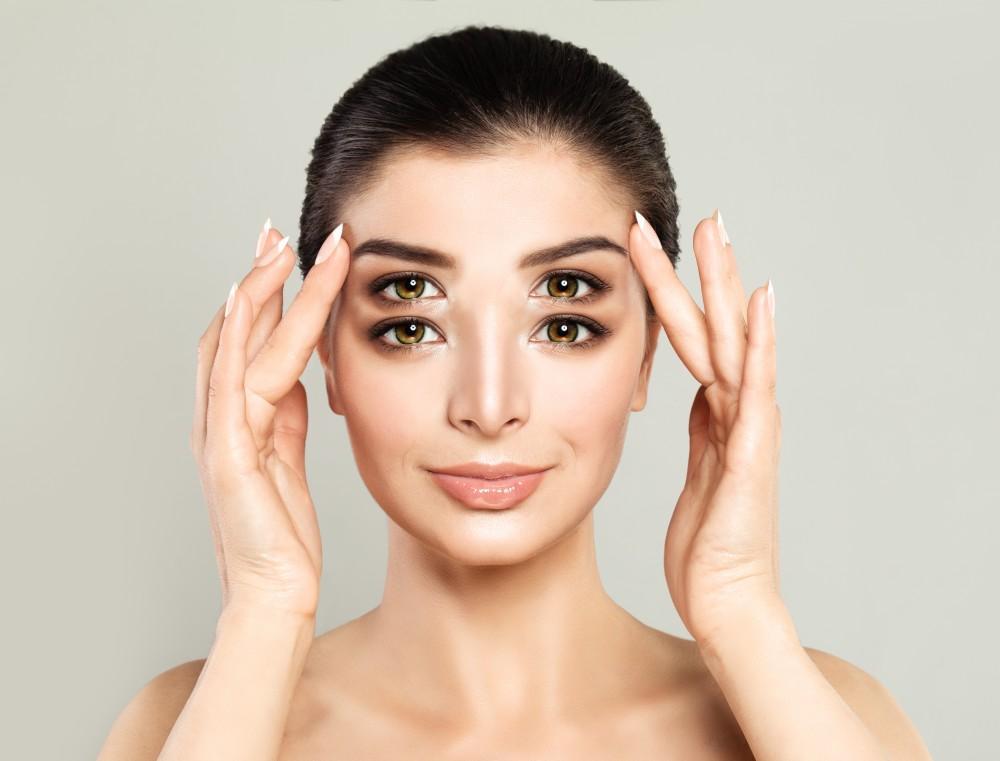
Who’s at Highest Risk of Developing Glaucoma?

Over 3 million people in the United States have glaucoma, but it is estimated that only half of them know they have the disease.
At Maryland Eye Care Center in Silver Spring and Hyattsville, Maryland, our team of ophthalmologists and optometrists specializes in diagnosing and treating glaucoma, an eye disease that can lead to blindness.
Understanding glaucoma
Most cases of glaucoma occur when fluid builds up in your eye. As the fluid increases, pressure grows, causing damage to your optic nerve. Your optic nerve is the communication link between your eyes and your brain, allowing you to see.
With glaucoma, early detection is key to getting the right treatment and halting the progression of the disease. Once vision is lost, it can not be regained. To help you avoid this, we use advanced technology to test for glaucoma at your regular eye exam.
Types of glaucoma
There are several forms of glaucoma, including:
Open-angle glaucoma
Almost 90% of people with glaucoma have this type. It develops slowly, caused by poor drainage of eye fluid. A loss of peripheral vision is a common symptom of this type.
Angle-closure glaucoma
This type of glaucoma occurs when your drainage canals become completely blocked. The pressure comes on quickly, and you need immediate medical attention. This type of glaucoma is accompanied by headaches and nausea, among other symptoms.
Normal tension glaucoma
This type does not have a known cause. It happens when your optic nerve becomes damaged, even though you do not have a lot of pressure buildup in your eye.
Knowing your risks for developing glaucoma
A variety of factors may put you at risk for developing glaucoma:
Race
African Americans are far more likely to get glaucoma than Caucasians, and more susceptible to blindness, too. If you are of Asian descent, you run a higher risk for developing angle-closure glaucoma. Among Hispanics, open-angle glaucoma is the leading cause of vision loss.
Age
People over 60 are at greater risk for developing glaucoma, and the risk for African Americans increases after age 40.
Certain medical conditions
If you have diabetes, heart disease, high blood pressure (hypertension), or sleep apnea you are more likely to develop glaucoma.
Family history
Does anyone in your family have glaucoma? If so, then you are more at risk.
Past injuries
Previous eye trauma can cause the pressure inside your eyes to grow over time.
Other eye issues
If your eyes have certain impairments, you might be at risk of glaucoma. These include thin corneas, retinal detachment, optic nerve sensitivity, eye tumors, eye inflammation, and extreme nearsightedness.
If you have concerns about the health of your eyes, let us help. Call the Maryland Eye Care Center location nearest you or book your appointment online today.
You Might Also Enjoy...


What Can Cause Double Vision?

My Vision Is Suddenly Blurry: Is This an Emergency?

5 Tips to Protect Your Vision from Digital Eye Strain

/assets/docs/442641.png)
/assets/docs/442638.png)
/assets/docs/442639.png)
